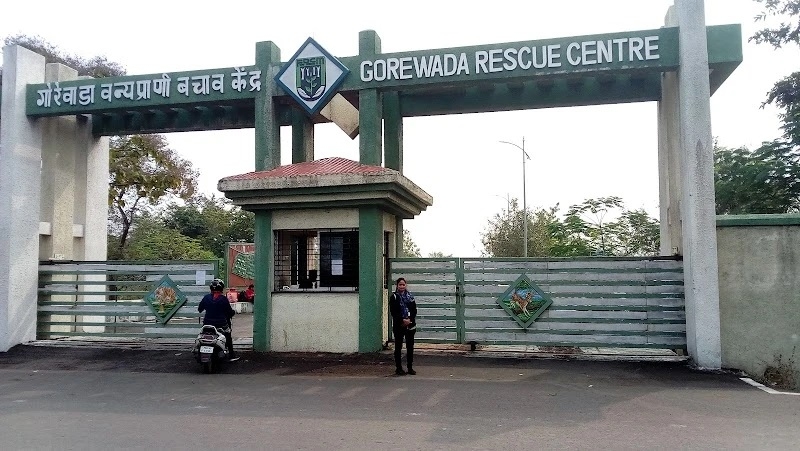H5N1 havoc: Three tigers, leopard die at GRC
| Date :05-Jan-2025 |

Staff Reporter :
The highly pathogenic disease among birds — Avian Influenza (H5N1), commonly known as bird flu, — claimed lives of three tigers and a leopard at Gorewada Rescue Centre (GRC) in the last week of December.
Post the deaths, Wildlife Research Training Centre (WRTC) has issued an advisory on necessary measures to contain the spread of disease in State’s zoos and rescue centres.
“Unfortunately we lost four big cats in Gorewada Rescue Centre due to the disease but the situation is now under control. Other animals, including 12 tigers and 24 leopards that are infected, are safe at the GRC,” informed Shatnik Bhagwat, Zoo Director, to ‘The Hitavada’.
As per the information, all the three tigers reached GRC from Chandrapur district in the last week of December whereas the leopard was at the centre since March last. It was brought to the centre from Buldhana district.
“After the incident, we screened all animals dwelling at the GRC. We are monitoring them on daily basis. Apart from these measures, we disinfected all the cages in the centre and prepared a containment zone where no one is allowed to enter except veterinarians,” added Bhagwat.
“After proper investigation and post-mortem, our veterinarian confirmed deaths due to H5N1 virus. For the second opinion, we sent the samples to ICAR-National Institute of High Security Animal Diseases (ICAR-NISHAD) in Bhopal. It also confirmed the deaths due to the virus,” said Bhagwat.
After getting the confirmation of H5N1 virus in these three tigers and one leopard, the WRTC issued an advisory for all zoos and rescue centres across Maharashtra.
Bhagwat also assured that no animal in adjoining Balasaheb Thackeray Gorewada International Zoo is infected of Bird Flu and the zoo is safe for animals as well as visitors.
“Disinfection of cages and enclosures in Gorewada Zoo is already performed and all animals are safe. Tourists can visit the zoo without any hesitation and no restriction has been imposed on them during their visit,” he added.
“We are conducting regular disinfection of cages in the zoo. We are yet to receive the advisory from WRTC but taking care of our animals,” said Dr Sunil Bawaskar, In Charge, Maharajbag Zoo.
Similarly, Transit Treatment Centre (TTC) in Seminary Hills area is also a rescue centre in
city which treat wild animals come from different parts of Nagpur district.
“After getting the information about the deaths, we conducted disinfection of all cages in TTC and also observing the health of residing animals. We also conducted tests of all animals here. Those animals who are not residing here and coming in TTC for treatment, we first keep them in isolation and conduct tests and then just allow them to enter the premises of the TTC,” said Kundan Hate, In charge, TTC.
WRTC asks zoos, rescue centres to be vigilant
The Wildlife Research Training Centre (WRTC) instructed all zoos and wildlife rescue centres in Maharashtra to be vigilant and maintain collaboration with veterinary experts and public health officials to avoid Avian Influenza (AI) in wild animals.
WRTC also advised zoo authorities to take lessons from past incidents underline the importance of proactive biosecurity, timely diagnosis, and integrated disease management protocols.
It asked to train veterinary and animal care staff to recognise
AI-related symptoms in mammals, such as respiratory distress, lethargy, anorexia, and neurological signs. Also ensure staffs dealing with captive animals are equipped with appropriate Personal Protective Equipment (PPE).
WRTC also advised to prevent access of birds to animals enclosures by using nets or covers; Maintain strict hygiene practices for feeding areas, enclosures, and water sources; Disinfect footwear and equipment upon entry and exit from animal enclosures; Regularly monitor animals for unusual behaviour or symptoms indicative of AI; Avoid feeding carnivores raw poultry or other meat products from unknown or unverified sources; Quarantine affected animals in an enclosure at least 100 meters from unaffected individuals or in a separate facility; Assign dedicated staff exclusively for the care of isolated animals to minimise cross-contamination and many more points are mentioned in the advisory.



